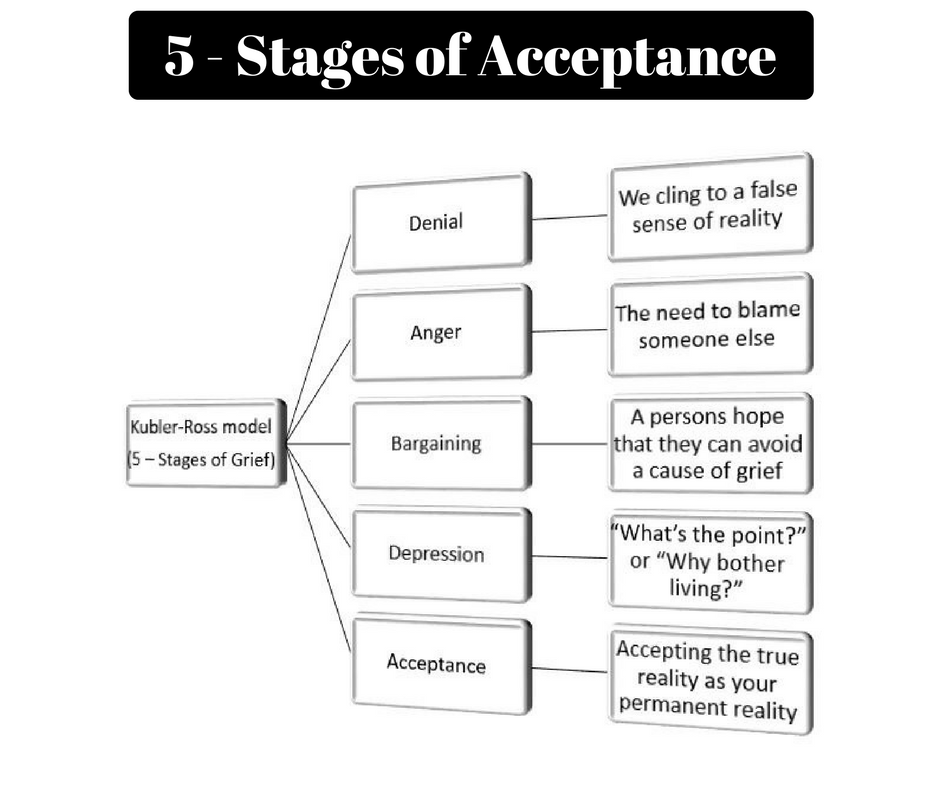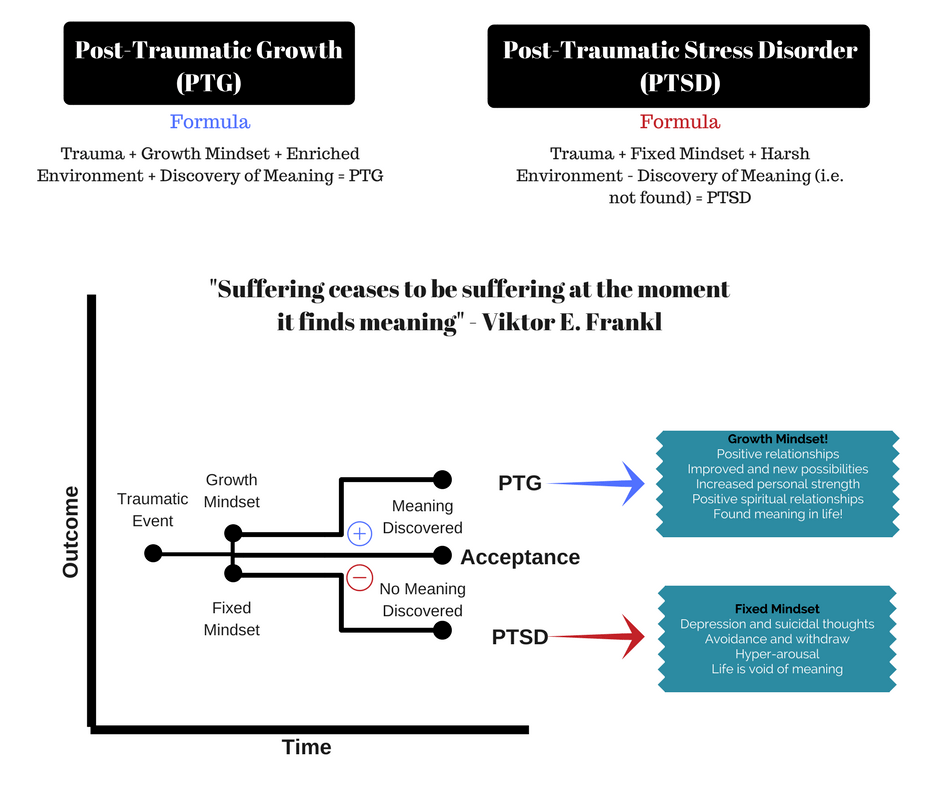Why is it that people have significantly different outcomes with similar experiences? Have you noticed some people can experience trauma, yet thrive, while others spiral into darkness? I have personally lived through this darkness. As a young child in foster care, I felt trapped and alone.
Imagine you are trapped in a tank of deep water. You tread water for a long time. You start getting tired. You aren’t sure how much longer you’ll be able to keep your head above water. You try to stay afloat, try to conserve energy and pray someone will come along and help you. Time ticks on. You are so tired. You sink below the surface, hold your breath for as long as you can. Nobody is coming to save you because nobody notices you need help. Desperately, you pull to the surace, gasp for air, sink back down again. You aren’t going to make it. You have lost all hope.[1]
Even though I felt all hope was lost, somehow I made it. I did not hopelessly drown. My younger brother is a different story though. He seems to be hopelessly trapped. So, how did I make it while he did not?
Be brave through traumas.
What exactly do we go through after a traumatic experience? Let’s answer this question by diving into the 5-Stages of Acceptance (otherwise known as the 5-Stages of Grief). There are different types of “acceptance or grief” models; however, we will focus on one in particular, a model introduced by Swiss psychiatrist Elisabeth Kubler-Ross – the Kubler-Ross model. [2]
Stage #1: Denial.
The first stage is denial. People enter this first stage after shock from experiencing a traumatic event in their life. Events such as the death of a loved one, physical or sexual abuse, rape, being in a serious accident, or the traumatic exposure veterans experience during war.
If you or a loved one have experienced a traumatic event, you are most likely in one of these five stages. In order to recover from your experience, it is important to be able to identify which stage you are in. Here are a few things to look for in this stage: [3]
- Clinging to a false sense of reality.
- Your outlook on life becomes meaningless.
- Your life makes no sense.
Example
I was placed into foster care as a young child. My younger brother and I were in a state of denial when we were placed into the foster care system. We believed our parents would change their behavior and become better parents for us.
Why This Matters
Denial helps us survive loss. It is a way for the universe, God, Buddha (whatever you believe) to tell us that we have reached our limits of what we can handle.
Stage #2: Anger.
The second stage is anger. Anger is where we possess the need to blame someone else for our problems. Here are a few characteristics of this stage: [4]
- The need to blame someone else.
- Your anger extends to everyone around you.
- You feel abandoned.
Example
After being placed into foster care, I was extremely angry. I blamed everyone I could think of. I blamed my mother, my father, my social worker, my grandparents, and even God. What is funny (looking back now!), I remember cursing God one evening and woke up deathly sick the next morning… coincidence?
Why This Matters
When we feel our anger, instead of suppressing it, we start to recover. Think of an open pit. You are stuck at the bottom of this pit with no way out. Once you feel your anger, it is as if a rope magically appears to pull you out of the pit.
Stage #3: Bargaining.
The third stage is bargaining. Bargaining is when you believe you can avoid the actual problem through negotiation. Let’s take a look at a few ways to identify this stage: [5]
- You have self-doubt.
- You are constantly using “what if” and “if only” statements.
- You are stuck in the past.
Example
As a foster child, I remember telling my biological parents that I would do anything they wanted or be whoever they needed me to be if they would only stop their drinking and drug use.
Why This Matters
It is important to recognize when you reach this stage. In this stage, you are stuck in the past; however, it is fairly easy to recognize that you are in this stage simply by paying attention to your thoughts and words. You will find that you use quite a few… “what if” and “if only” type statements in this stage.
Stage #4: Depression.
The fourth stage is depression. Depression is a dark stage where you withdraw from everything. Depression is the most dangerous stage, so here are few things to look for:
- Withdraw from life.
- An intense sadness.
- Suicidal thoughts.
Example
I can vividly recall the sadness I experienced when I finally realized nothing could be done to save my parents. I had a horrible feeling that one day soon they would both die due to their lifestyle. Sadly, my father would commit suicide not too long after.
Why This Matters
This stage is important because grief enters your life at a deep level; a deeper level than anyone could ever imagine. It is important during this stage to understand that depression is an appropriate response to trauma. [6]
Stage #5: Acceptance.
The fifth and final stage is acceptance. Acceptance takes place when you accept the true reality as your permanent reality. You will know when you enter this final stage by the following characteristics:
- You realize that you can’t remain stuck in the past.
- You start to enjoy life again.
- You make new connections.
Example
I finally hit this stage when I told myself that I could not change my family. I had to start preparing for a reality without the majority of my family in my life. I wasn’t happy about this, but I accepted it.
Why This Matters
Accepting the true reality as your permanent reality is an important step in recovery. Typically, we don’t necessarily like it, but we accept it and learn to live with it. It is important to remember, we cannot start this stage until we have allowed an appropriate (determined by the individual) amount of time at each stage… essentially, we cannot rush into acceptance.
You can’t control everything, but you’re always in control of something.
Once we develop a growth mindset, we then find that we can become better. A growth mindset will put us on a path, not just to recovery, but a path allowing us to thrive. It will put us on a path to Post-Traumatic Growth (PTG). Along the way, look for meaning or purpose in your life. When we discover meaning, we find that we have a greater purpose to live.
Here are some ways you can develop a growth mindset:
- Believe you can become better.
- Attempt to learn as much as possible – knowing you can and will become smarter.
- Read and listen to audiobooks.
- Exercise and eat nutritional foods.
- Embrace challenges – know that you can learn from them.
- Embrace failure as opportunities to learn.
- Embrace effort as a necessary step toward growth.
- Eagerly learn from criticism.
- View the success of others as an inspiration – learn from them.
- Create synergy with others and stimulate growth in yourself and in others.
- Additionally, really think about the following quote…
“Never let a good crisis go to waste.” – Winston Churchill
Remember, there is always the silver lining.
When I personally developed a growth mindset, I soon discovered the meaning in my life. I didn’t have to look far to uncover it… in fact, it had been with me all along. My beautiful wife and my precious daughter are my purpose… they are the meaning in my life.
You too can easily discover meaning in your life, accept the seemingly unacceptable realities of this world, and thrive. All you have to do is open your eyes!
Featured photo credit: Stocksnap via stocksnap.io














































